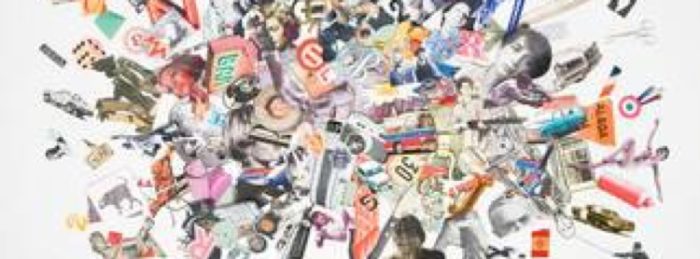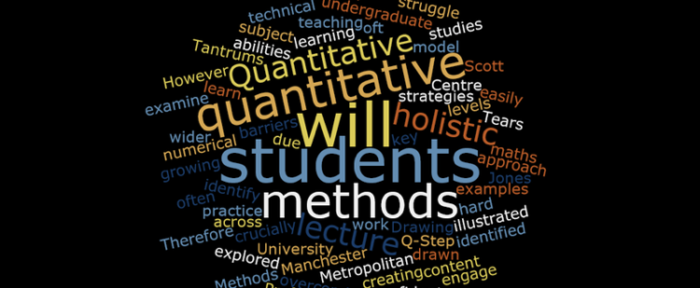#TLCwebinar Reworking The Big Agency as an interactive employability unit #MMUBigAg

At 12:30pm today, I was going to seeking to reflect on how The Big Agency has developed as a Level 5 unit at Manchester Metropolitan University. There appears to be an issue with browser access for other participants, so we have re-arranged for 10th May 2017. I’m looking forward to hearing from others, queries as […]
#TLCwebinar Reworking The Big Agency as an interactive employability unit #bigag16

Wednesday 10th of May April 2017 12:30-13:30 (UK Time) *Moved from 26th April, as browser issues in universities Find The Big Agency: Blog : Twitter : Facebook The Big Agency is a second year university unit at Manchester Metropolitan University that I’ve been reworking to meet the following description: Creative agencies today are not just looking […]
#EmptyShelf17 #6: Cultural Studies: Theory and Practice by Chris Barker & Emma A. Jane, from @SAGEmedia_comm

So, I’ve used cultural theorists, especially Foucault, and I’ve been engaged in studying digital culture for quite some years, but never had a chance to read a solid overview of the field, and consider some of the other options. SAGE sent me this book as a possible textbook for one of my courses, and, no, […]
[EVENT] Professor Julie Scott Jones: Tears, Tantrums and Quantitative Methods’: a holistic approach to growing students with @mmu_hssr

[View the story “Professor Julie Scott Jones: Tears, Tantrums and Quantitative Methods’: a holistic approach to growing students” on Storify]
[TOOLBOX] 27+ Sources of Legal Images #DMMP1617 #DSMMCM1617 #BigAg16

This afternoon, I was trying to explain a bit about copyright and the legal use of images to my students, as they are using publicly available blogs, and otherwise default to using results from Google Image search … which could lead to legal issues (see help with image attribution with this JISC tool). This blogpost from StinkyInkShop explains […]
